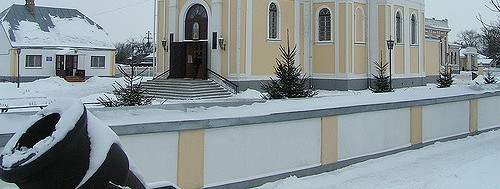Previously in ClimateChangePost
The number of days with adverse fire weather conditions has increased over the last 30 years over the Iberian Peninsula and eastern Balkans. A decrease was observed for Greece, Cyprus, and Turkey.
The consequences for Europe of doing nothing to the increase of extreme sea levels are hundreds of billions of Euros damage per year by 2100. Extra cost-effective protection reduces this risk by 95%.
When the Mediterranean Sea warms up, hurricanes in the area are likely to become more vigorous. Their winds will be stronger, and they will lead to more intense precipitation, increasing flood risk.
Burned area over Mediterranean Europe may increase by 40-54% under 1.5°C global warming. Higher levels of global warming increase drought conditions that in turn lead to larger burned areas.
Anthropogenic climate change will likely alter ecosystems in the Mediterranean this century in a way that is without precedent during the past 10,000 years.
The Albanian government has launched its National Adaptation Plan (NAP) to prepare for the impacts of climate change.
Across the Balkan Peninsula and Turkey climate change is particularly rapid, and especially summer temperatures are expected to increase strongly.
The likely effects of climate change on the water resources of Albania have been investigated for 2040–2069 and 2070–2099 compared with 1961–1990 ...































